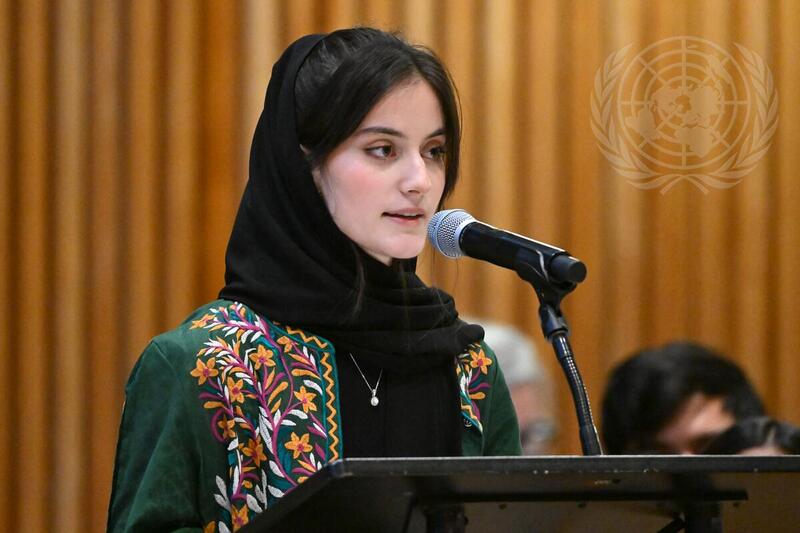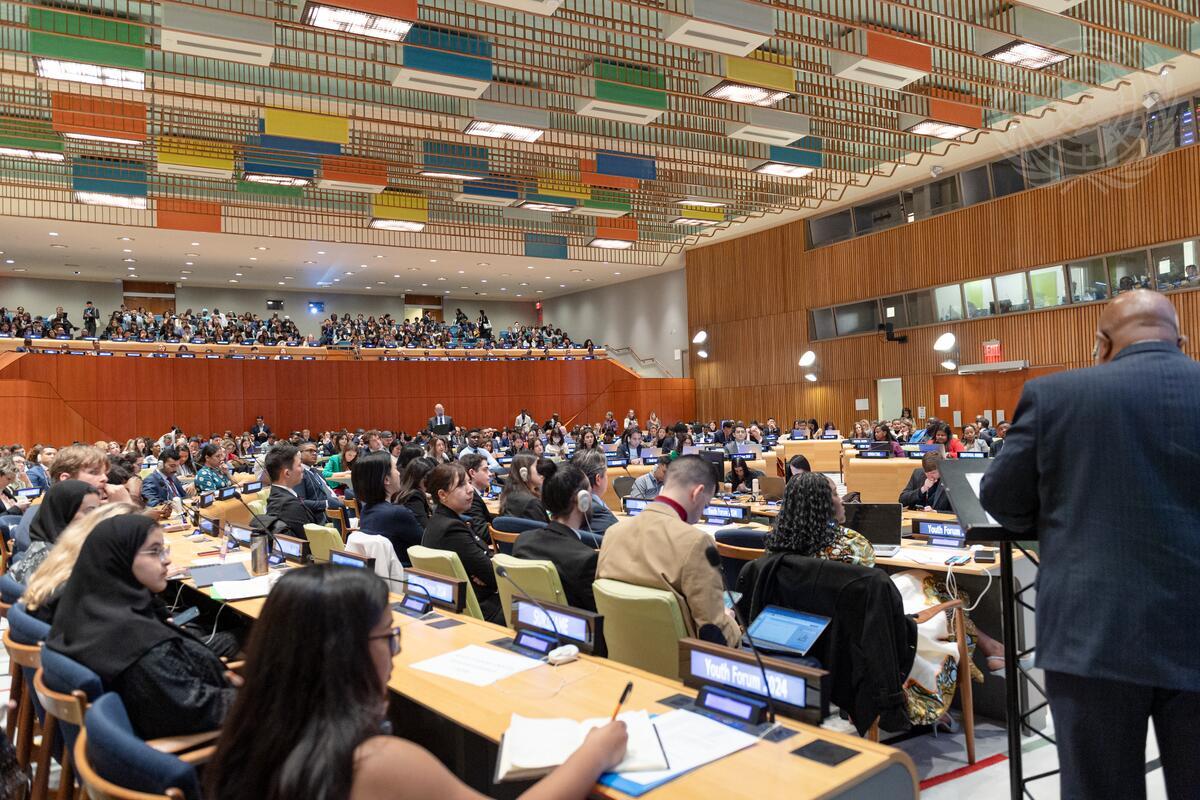ECOSOC at 80: Renewing Multilateralism in an Age of Global Uncertainty
On 23 January, the United Nations Economic and Social Council (ECOSOC) convened a commemorative session…

Engaging young people in global affairs isn’t just about inclusivity; it’s about recognizing the inherent value they bring to the table. With the planet’s increasing pressing challenges, it’s becoming more and more clear that the perspectives, creativity, and energy of youth are indispensable. From climate change to social justice, their voices are catalysts for change, driving us towards a more sustainable and equitable future.
Many successful examples showcase how meaningful youth engagement in UN fora can look like for next generation leaders in the agricultural sector. Among these, there is the World Food Forum hosted by the FAO that continues to grow its audience and impact and there is also the Committee on World Food Security (CFS) and particularly its Policy Recommendations on Promoting Youth Engagement and Employment in Agriculture and Food Systems for Food Security and Nutrition.

But the most recent example is the annual ECOSOC Youth Forum, that was held from April 16 to 18, 2024 at the United Nations headquarters in New York which was a pivotal moment for youth engagement in global decision-making processes. Guided by the overarching theme of “Reinforcing the 2030 Agenda and eradicating poverty in times of multiple crises: the effective delivery of sustainable, resilient, and innovative solutions,” the forum provided a platform for young leaders to contribute their perspectives on pressing global issues particularly the looming shortfall in achieving the 2030 Sustainable Development Goals (SDGs).
The UN Secretary General Antonio Guterres conveyed a poignant message to young participants, highlighting their indispensable role in driving progress and fostering resilience in the face of adversity. He underscored the alarming reality of diminishing progress toward the SDGs and emphasized the need for robust measures to facilitate meaningful youth engagement across decision-making spheres. Notably, Guterres mentioned a policy brief, presented later on by youth delegates at the forum, urging governments to adopt proactive measures to empower and involve young people in policy formulation and implementation processes. This underscores the urgency of integrating youth perspectives into policy frameworks to address global challenges comprehensively.

As we reflect on these initiatives, it becomes evident that meaningful youth engagement requires concerted efforts at multiple levels. Firstly, there is a need to prioritize financial investments in youth-led initiatives and programs that promote their participation in decision-making processes. Secondly, there is a need to further develop comprehensive (national and local) strategies that prioritize youth inclusion in agricultural and food systems, ensuring their voices are heard and their contributions valued. Importantly, efforts to support youth must transcend tokenism, fostering genuine partnerships and empowering young people as equal stakeholders in shaping our collective future.